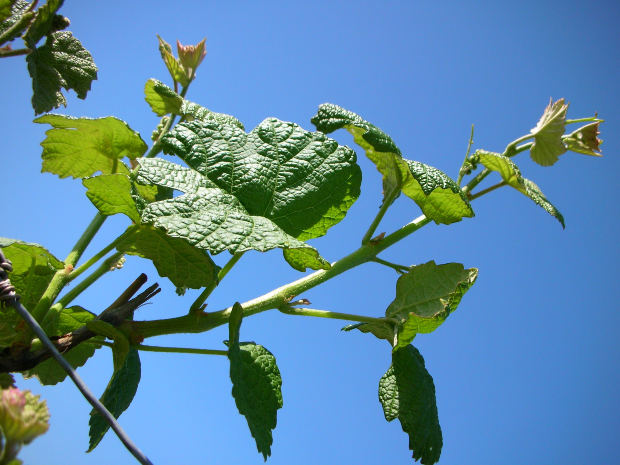
 Loading... Please wait...
Loading... Please wait...Save Money. Grow Your Own!
Fast Plain Box Shipping.
We ship to the US & Canada.
Posted on 23rd Sep 2015
So your hydroponic garden’s having trouble -- what you look at first?
Troubleshooting a hydroponic garden isn't like troubleshooting a DVD player or a cloud platform. These are living beings, with all that that entails. There's a considerable amount of complexity. But there are some guidelines for beginning growers who need to figure out whether they have an optimal setup for plants, and whether certain kinds of deficiencies or other problems are causing stress.

Temperature, Humidity and pH Value
In many ways, temperature, humidity and pH value are the “threefold cord” of hydroponics management. These are the major environmental factors that you need to be right. Otherwise, you may find your plants withering or failing to thrive.
Many gardens thrive at room temperature, but you might have more specific guidelines according to what you're growing. Generally, you want the grow area humid enough to refresh plants, but not humid enough to grow mold. And last, but certainly not least -- you want a pH value around 5 to 6 or thereabouts. Too much of an acid or too much of a base can really devastate plants.
Bacterial Invasions
When plants start to wither and die, one of the usual suspects is bacterial infiltration. Bacteria like pythium can really devastate plants. Preventative measures include careful pruning and getting debris out of the grow area. When bacterial blight threatens, you may be able to get some relief by flushing the air and water of the current system, using some sort of spray on plants, or trying to decrease the amounts of contaminants getting into the grow space.
Light
Light issues can also lead to various kinds of problems. If your lights are too close, they can burn plants. The obvious solution is to put the light further away. But your plants also may not be getting enough light to thrive. Make sure you have the right luminous intensity and spectrum of light.
Water
Plants need high-quality water with as little chlorination as possible. Some growers will not use tap water, but instead order specially cleansed water for their plants. You also want to prevent solids buildup in the reservoir, which can have disastrous consequences.
Nutrients
Plant problems might also have to do with what the plants digest -- but how on earth can you know exactly what's good for your crops? How do you know how much of essential minerals like nitrogen, phosphorus, calcium, potassium and all those other goodies to give your crops? Luckily, there are prepackaged solutions that are proven to work well with plant biology.
Use any of these kinds of troubleshooting evaluation in emergency situations, or call your trusted hydroponics retailer for more.